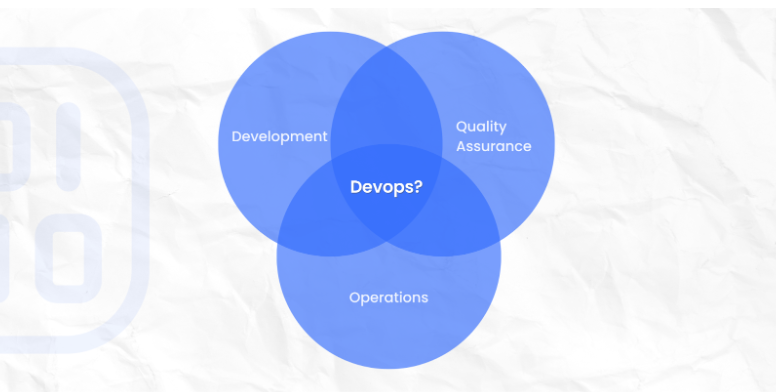Get in Touch
- Phone
+92-312-2166-633
- Email Now
info@binarybrix.com
Lahore, Pakistan

In today’s fast-paced digital world, software development is evolving rapidly, and businesses need efficient processes to keep up with growing demands. DevOps has emerged as a game-changing approach, bridging the gap between development and operations to ensure faster delivery, improved collaboration, and higher software quality. Let’s explore the crucial role of DevOps in modern software development and why it has become essential for businesses.

Traditional software development methods often involve long release cycles, making it difficult for businesses to respond to market changes. DevOps streamlines the development process by introducing CI/CD pipelines, which automate testing and deployment. This allows teams to release updates frequently, reducing time-to-market and ensuring customers always have access to the latest features and improvements.
DevOps is a combination of development (Dev) and operations (Ops) practices aimed at automating and integrating the software development lifecycle. It emphasizes collaboration, continuous integration, continuous delivery (CI/CD), and automation to ensure faster and more reliable software releases.

Automation is at the core of DevOps, helping eliminate manual processes that slow down development. Tasks such as code integration, testing, deployment, and monitoring can be automated using tools like Jenkins, Docker, Kubernetes, and Ansible. This not only speeds up software delivery but also reduces human errors, improving overall efficiency and reliability.
Modern applications need to be scalable to handle increasing user demands. DevOps enables businesses to build and deploy applications in cloud environments, making it easier to scale resources as needed. With technologies like containerization and microservices, applications can be deployed and managed efficiently, ensuring high performance even during peak usage.

DevOps includes robust monitoring and feedback mechanisms that provide real-time insights into application performance. Tools like Prometheus, Grafana, and ELK Stack help teams track system health, detect issues, and optimize performance. This ensures that any potential problems are addressed proactively before they impact end-users.
By streamlining development, automating processes, and reducing downtime, DevOps helps businesses save costs. Companies no longer need to invest in expensive infrastructure, as cloud-based solutions provide flexible and cost-effective options. Additionally, efficient resource utilization ensures that teams can focus on innovation rather than dealing with operational inefficiencies.
DevOps is more than just a methodology—it is a cultural shift that enhances software development, operations, and overall business success. By implementing DevOps, companies can accelerate software delivery, improve collaboration, enhance security, and optimize costs, making it an essential strategy for modern software development. At BinaryBrix, we specialize in integrating DevOps best practices into software development to help businesses achieve faster, more reliable, and high-quality software solutions. Stay ahead in the digital world with our expertise in DevOps-driven innovations!
Ready to take the first step towards unlocking opportunities, realizing goals, and embracing innovation? We're here and eager to connect.